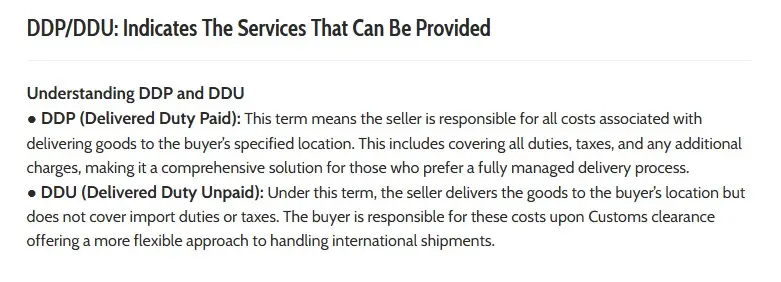The U.S. Trade Representative announced new tariffs on Chinese goods, which will take effect on September 27
2024-09-19
The Office of the United States Trade Representative announced a series of new tariffs on Chinese imports, which will take effect on September 27. The move is part of a broader strategy to address trade imbalances and protect domestic industries from what the U.S. government considers unfair impacts of China's trade practices.
One of the most important measures is the imposition of 100% tariffs on Chinese electric vehicles. The hefty tariffs are intended to boost the U.S. electric vehicle industry by making Chinese imports more expensive, encouraging consumers to buy domestic alternatives. The US government hopes this will spur local manufacturing and innovation in the electric vehicle sector.
In addition to imposing tariffs on electric vehicles, the United States will also impose a 50% tariff on Chinese solar cells. The measure is intended to support the U.S. solar industry, which has struggled to compete with the low prices of Chinese solar products. By raising the price of Chinese solar cells, the United States aims to level the playing field for American manufacturers and promote the growth of domestic renewable energy.
In addition, 25% tariffs will be imposed on a range of other Chinese imports, including steel, aluminum, electric vehicle batteries and critical minerals. These materials are essential for industries ranging from construction to high-tech manufacturing. The tariffs are intended to reduce U.S. dependence on Chinese imports and encourage the development of domestic supply chains.
As soon as this news came out, it has caused reactions from all walks of life. Industry leaders in affected regions are bracing for potential price increases and supply chain disruptions. At the same time, some economists have warned that the tariffs could lead to higher costs for consumers and could lead to retaliatory measures from China.
Overall, the new tariffs reflect the U.S. government’s ongoing efforts to address trade imbalances and protect domestic industries. These measures will take effect on September 27, and their impact on the U.S. economy and international trade relations will be closely watched.


















